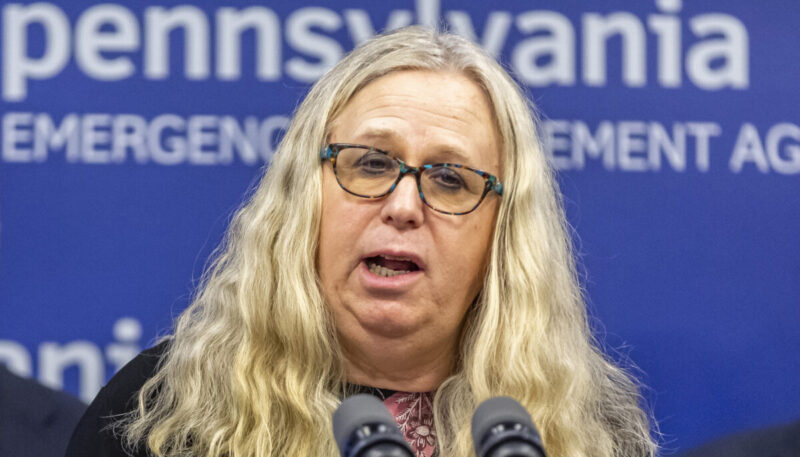HHS Shifting Work Responsibilities
If Republicans thought victory on November 5th marked the end of their battle, they’re in for a harsh reality check. Donald Trump’s election was merely the first skirmish in what promises to be a long, grueling war against the entrenched federal bureaucracy. Nowhere is this more apparent than at the Department of Health and Human Services (HHS), where bureaucrats in the “Office of Climate Change and Health Equity” are quietly entrenching themselves, sidestepping the influence of elected officials.
A new report reveals that HHS officials are actively working to shield their climate-focused initiatives from oversight. By transferring responsibilities to career employees who are nearly impossible to remove, they’re building an untouchable fiefdom.
These moves come as the Biden-era climate agenda finds itself at odds with the incoming administration. The office has even launched a “climate literacy” training module for staff, ensuring their agenda is baked into the department’s culture long after their political patrons are gone.
This raises a critical question: who’s really running the government? Unelected, unaccountable bureaucrats, or the voters and their representatives? The answer should alarm anyone who values democracy. Agencies like this one seem more intent on perpetuating their own power than serving the public.
Adding to the storm is Trump’s controversial pick to lead HHS: Robert F. Kennedy Jr. Known for his skepticism of vaccines and his environmental litigation background, Kennedy represents a wild card. If confirmed, his tenure could reshape the department—and dismantle years of climate-related initiatives. Already, Trump has vowed to reverse the Inflation Reduction Act, a key funding mechanism for HHS’s climate work. This alone has officials scrambling to lock in their agenda.
The justification for these climate programs often feels more like a smokescreen than a solid strategy. Hurricanes and extreme weather, long used as rallying cries for climate action, are suddenly cast as evidence of “climate change,” despite being age-old phenomena. Bureaucrats like climate office director John Balbus insist their work is critical to health-care systems’ resilience. But dig deeper, and much of the language surrounding their initiatives is deliberately vague, offering few specifics about how billions in taxpayer dollars are actually spent.
For example, what does “improving defense” against climate impacts really mean? The answer often lies in subsidies for politically favored projects under the guise of climate readiness—projects that, in many cases, could be addressed far more efficiently through direct congressional appropriations. Instead, these programs balloon into expensive, unaccountable bureaucracies.
The “equity” part of the office’s mandate is just as troubling. It often translates to the government picking winners and losers based on ideology, not need. This misuse of resources isn’t just inefficient; it’s divisive, pitting Americans against one another while doing little to solve the real issues.
As Trump prepares to take office, his administration has a golden opportunity to dismantle this bureaucratic overreach. The recent Supreme Court ruling against the Chevron doctrine gives him a powerful tool to rein in runaway agencies, forcing them to operate within the limits of the law. But this won’t be an easy battle. The entrenched bureaucracy will fight tooth and nail to protect its turf, aided by a media and political establishment eager to maintain the status quo.

